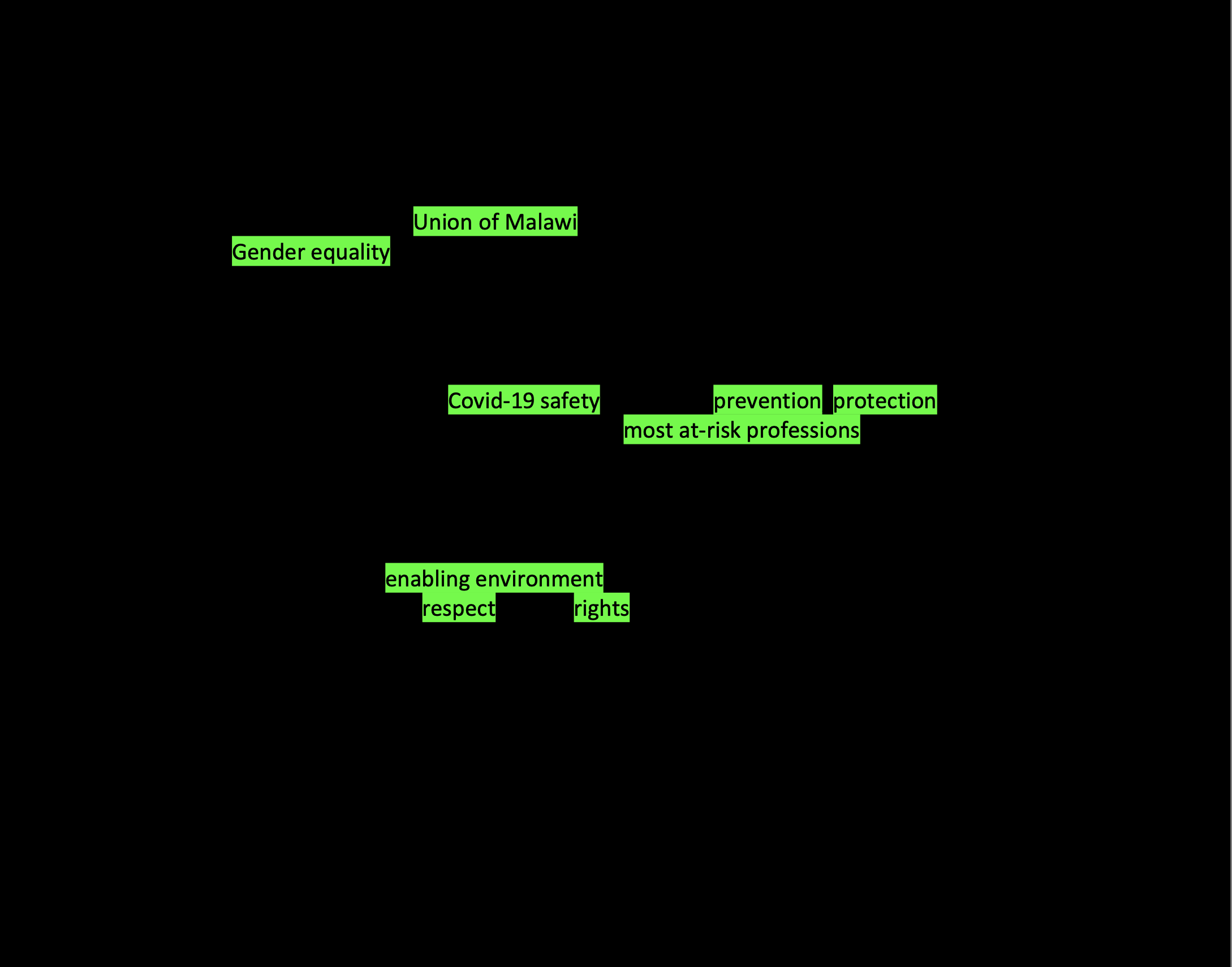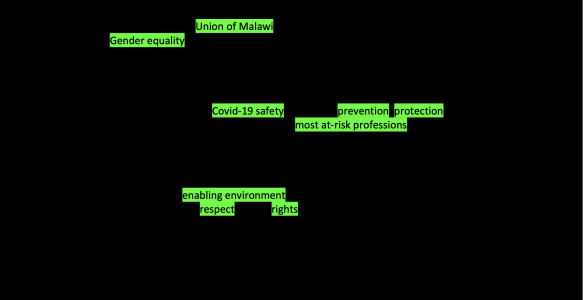Poetic thinking can deepen our research. Poetry can reveal poignant insights, engaging in deeply creative and reflective processes, with a long association with social change, politics, social justice, and is particularly suited for exploring embodied, experience and feelings 1, 2, 3, 4.
Following a stakeholder mapping process, we used Found Poetry / Blackout Poetry to analyse emails and reports to explore changing relationships. This diverse collection of poems speaks to themes of power, assumptions, instability, and development buzzwords, as well as togetherness, reflexivity and action, hope, and purpose.
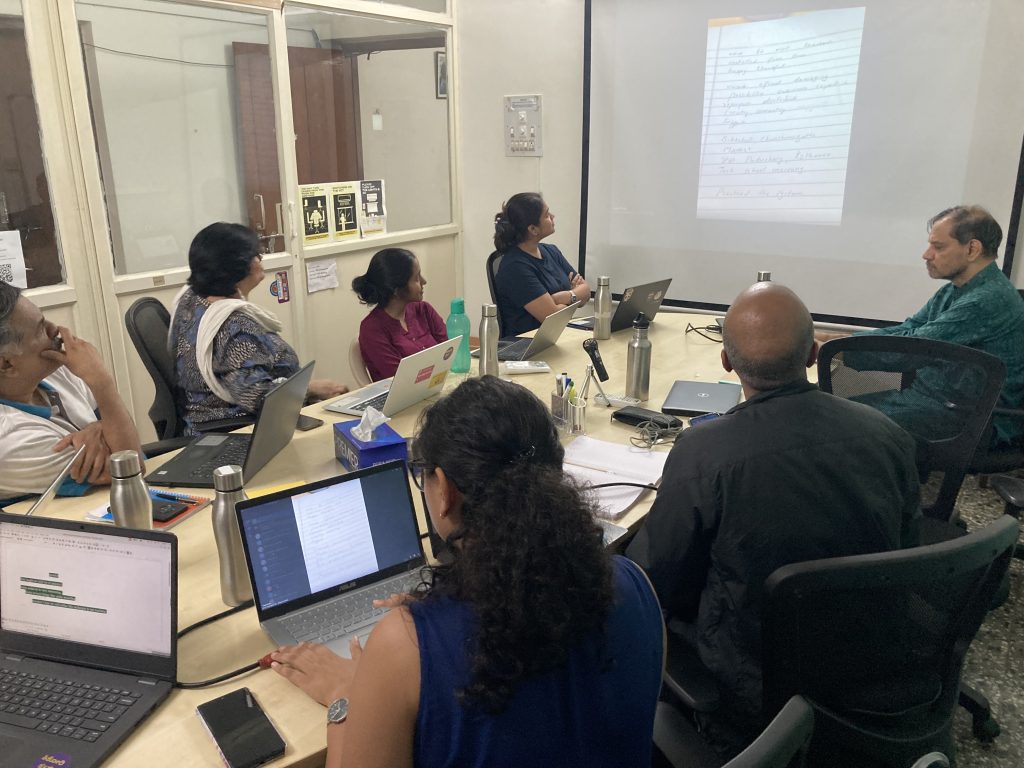

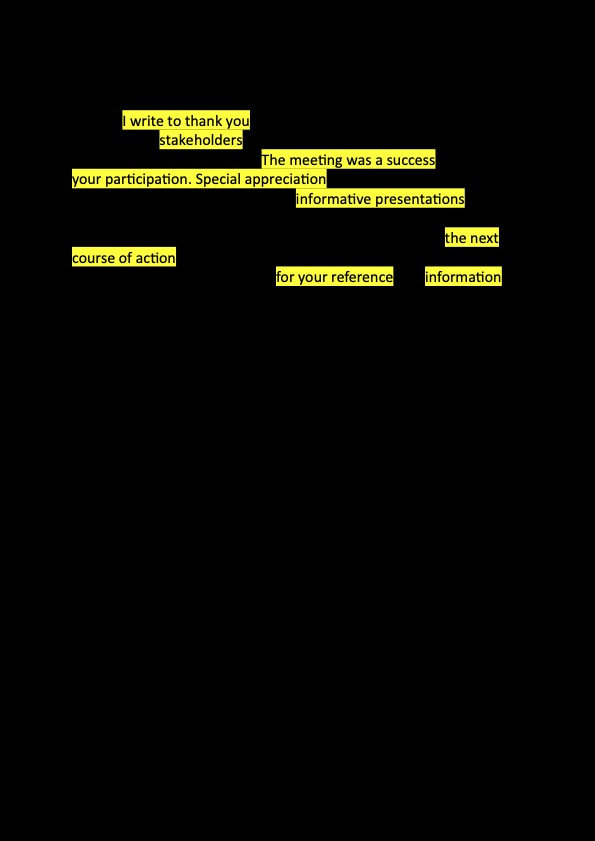
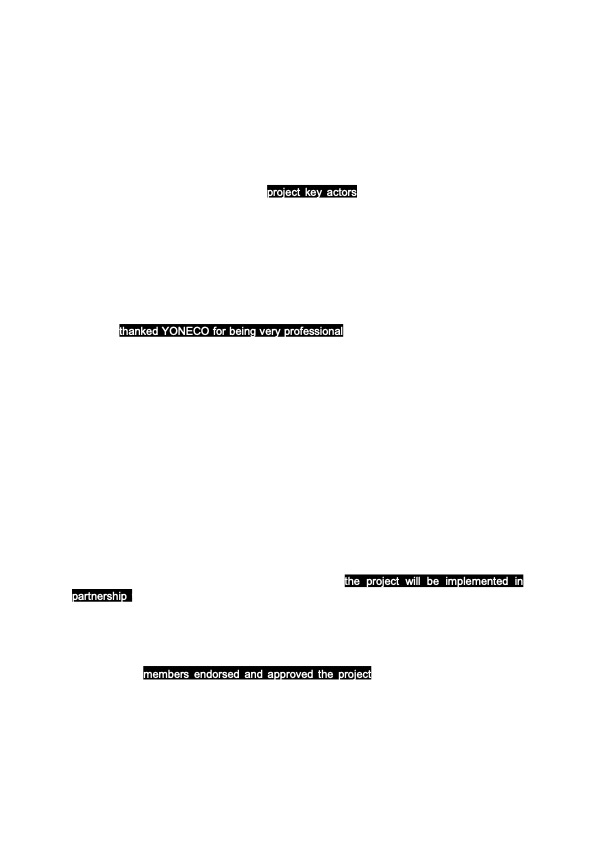
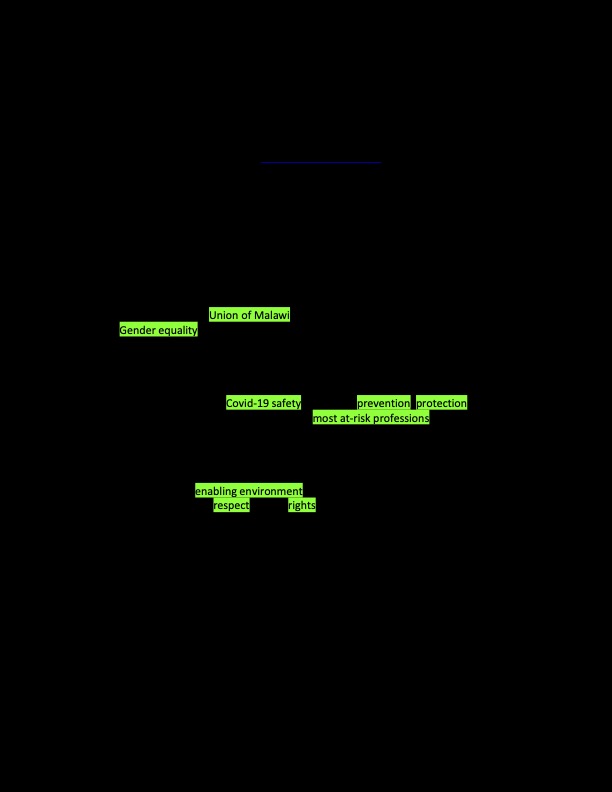
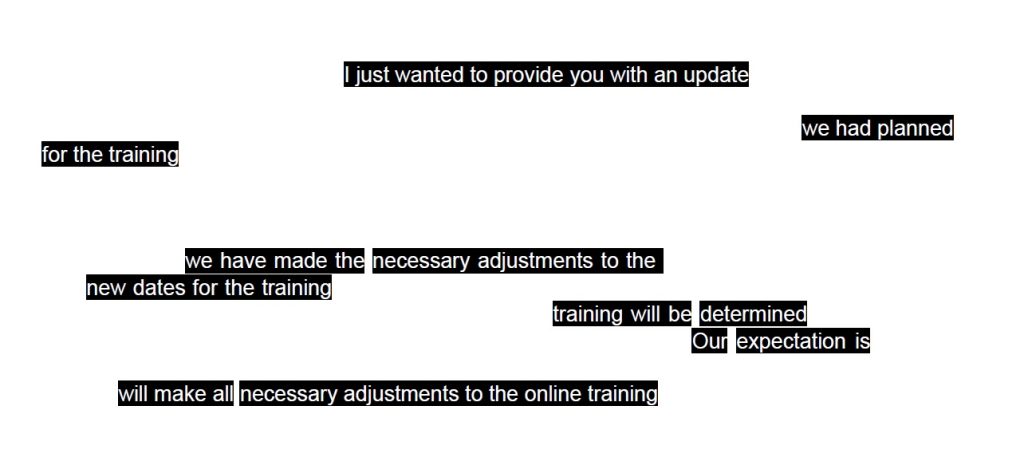
References
- Faulkner, S. L. Poetic Inquiry. Poetic Inquiry (2019). doi:10.4324/9781351044233. ↩︎
- Prendergast, M., Leggo, C. & Sameshima, P. Poetic inquiry: Vibrant voices in the social sciences. (Brill, 2009). ↩︎
- Prendergast, M. “Poem is what?” Poetic inquiry in qualitative social science research. Int. Rev. Qual. Res. 1, 541–568 (2009). ↩︎
- Kara, H. Creative research methods: A practical guide. (Policy Press, 2020). ↩︎
